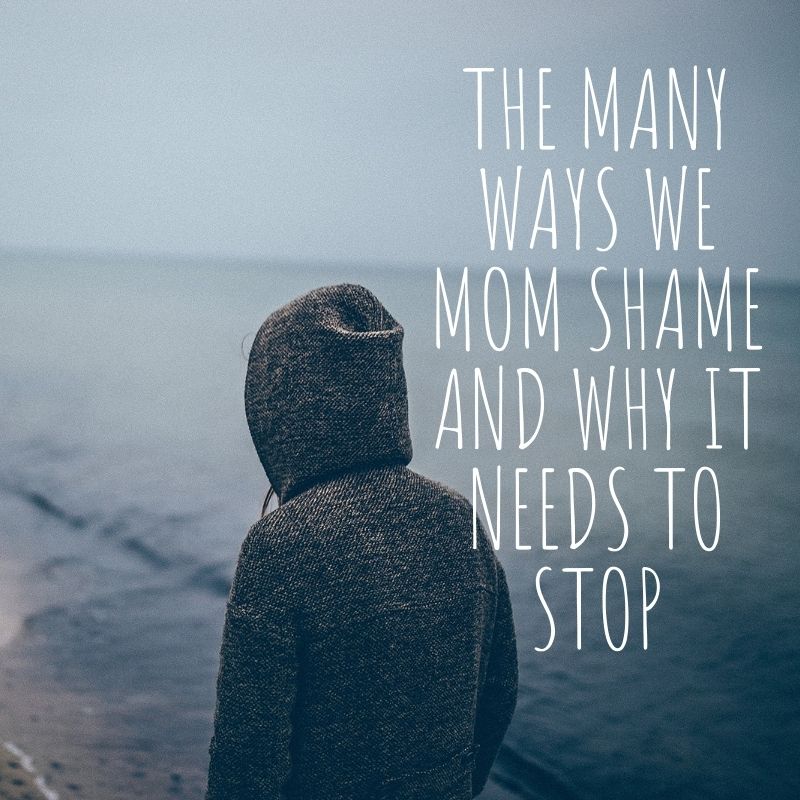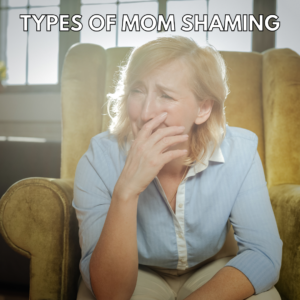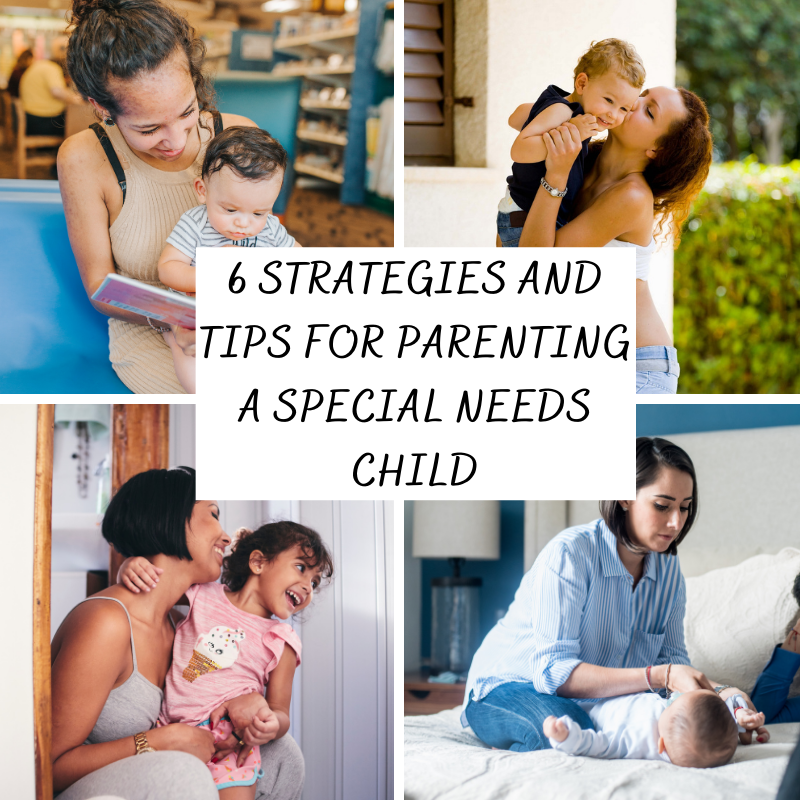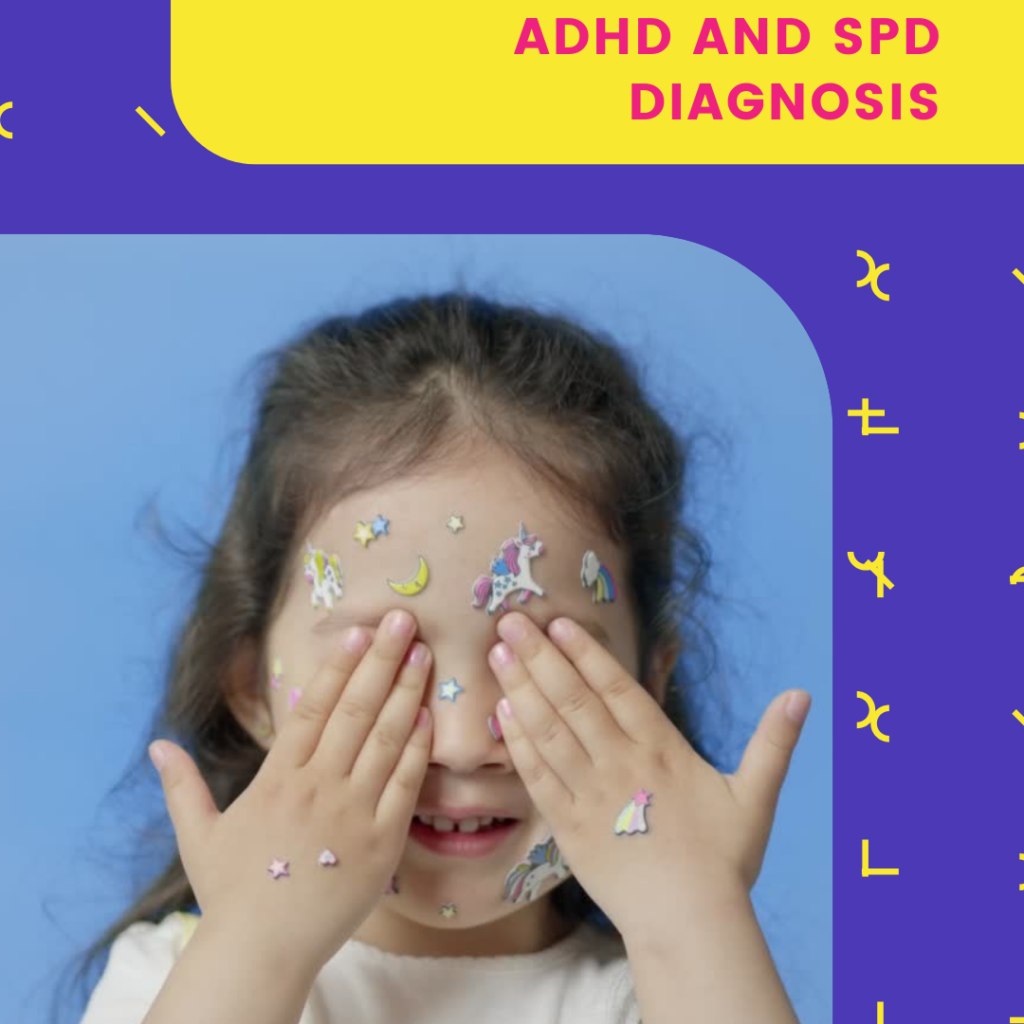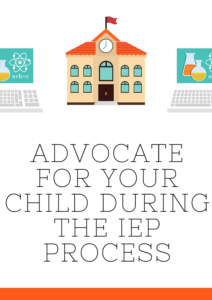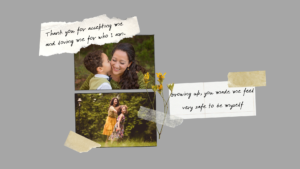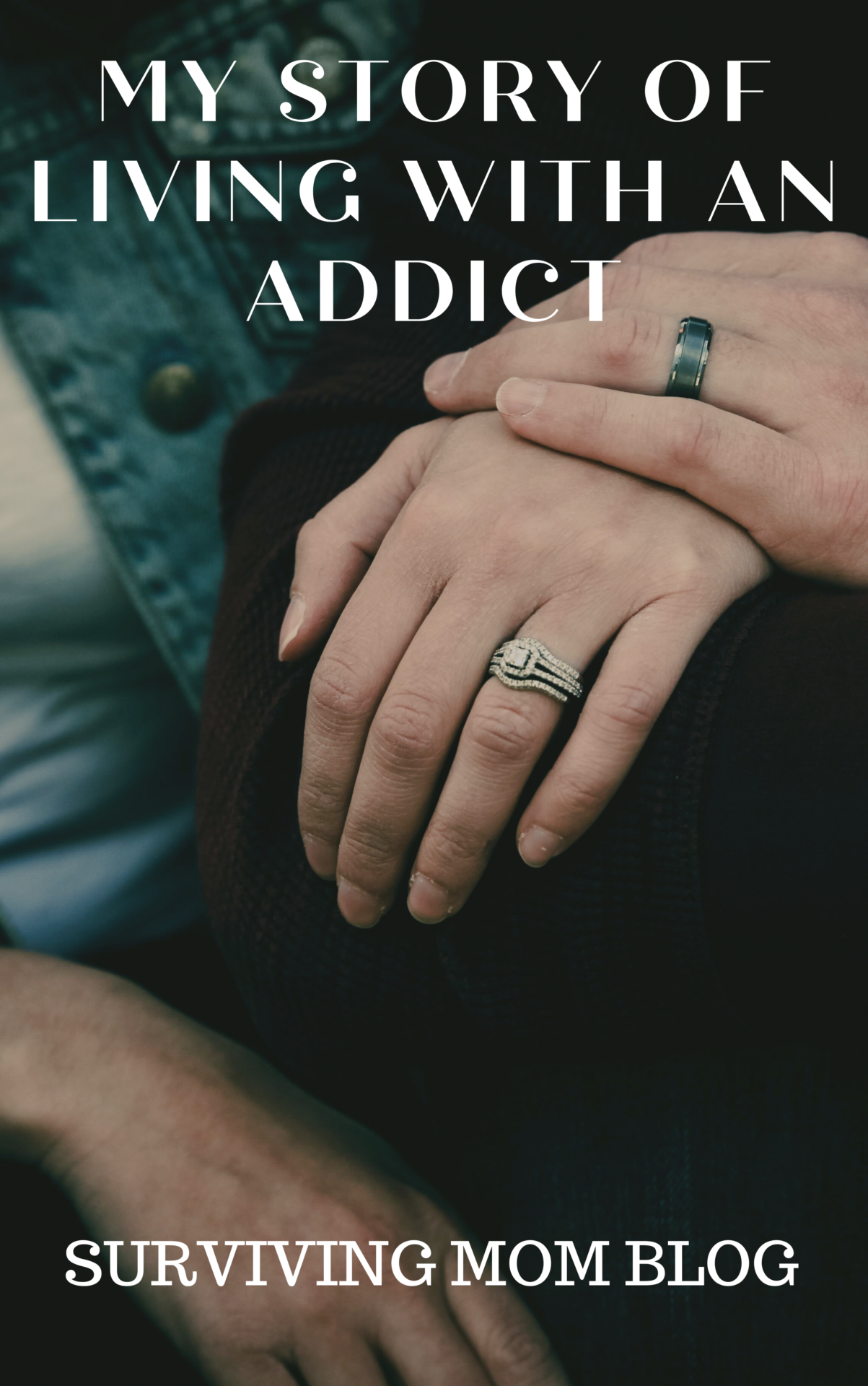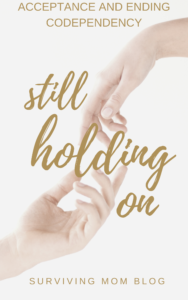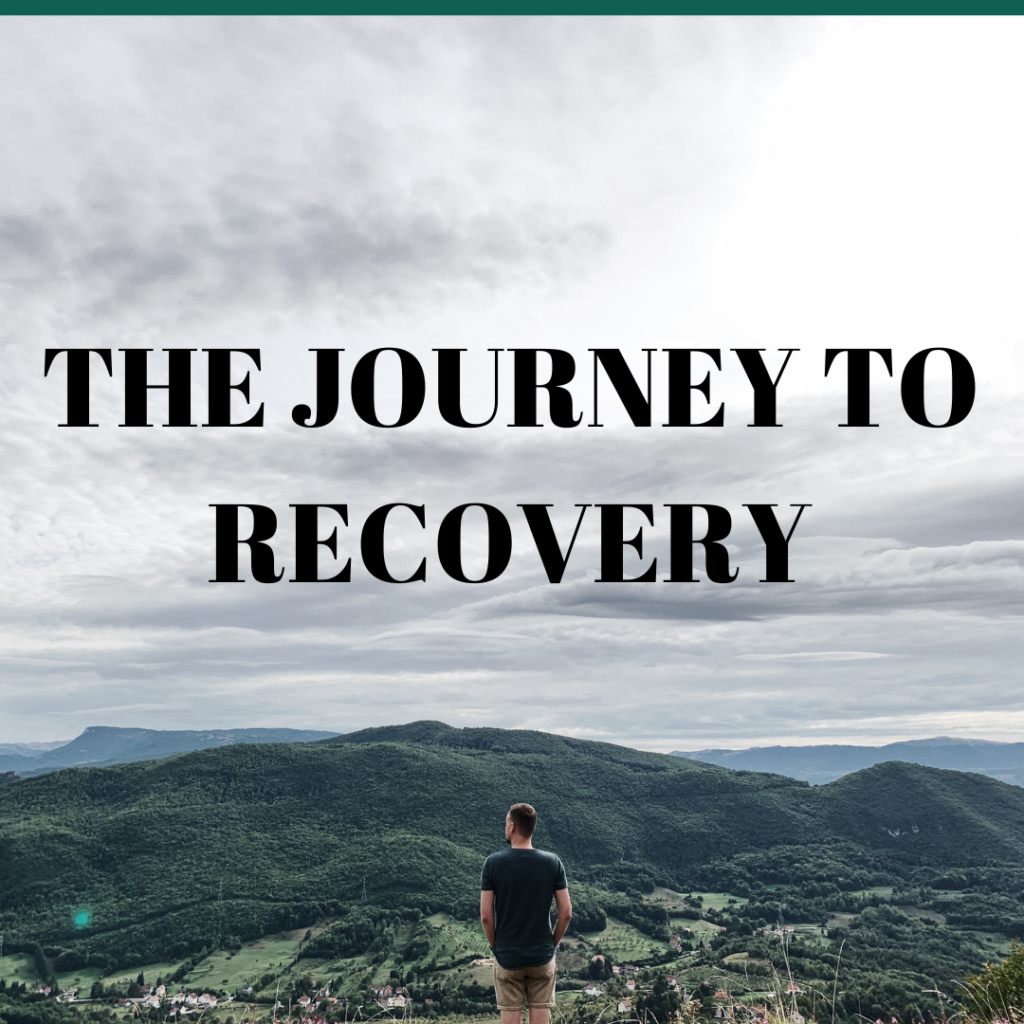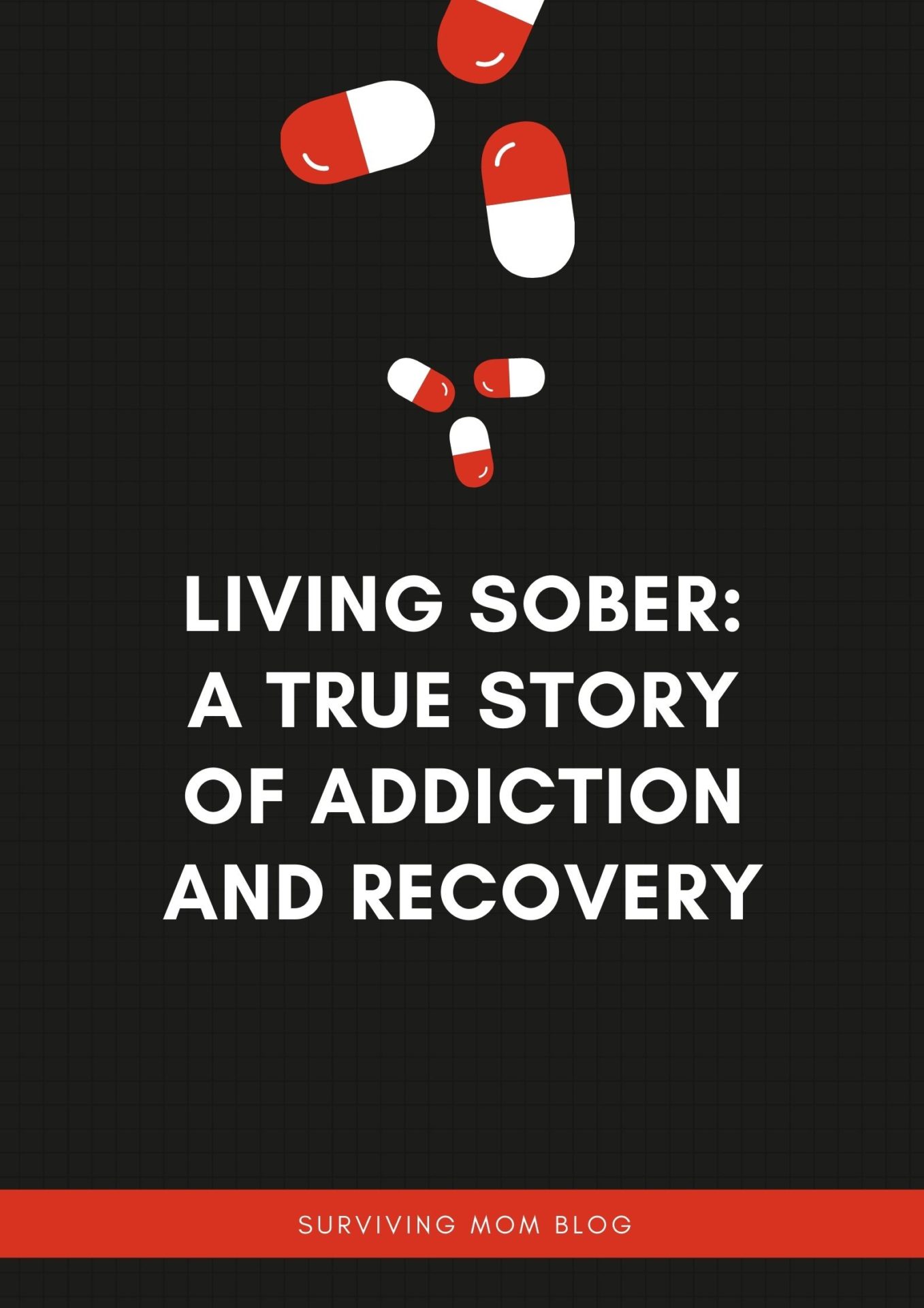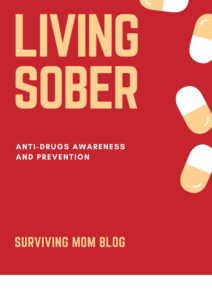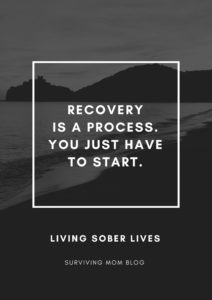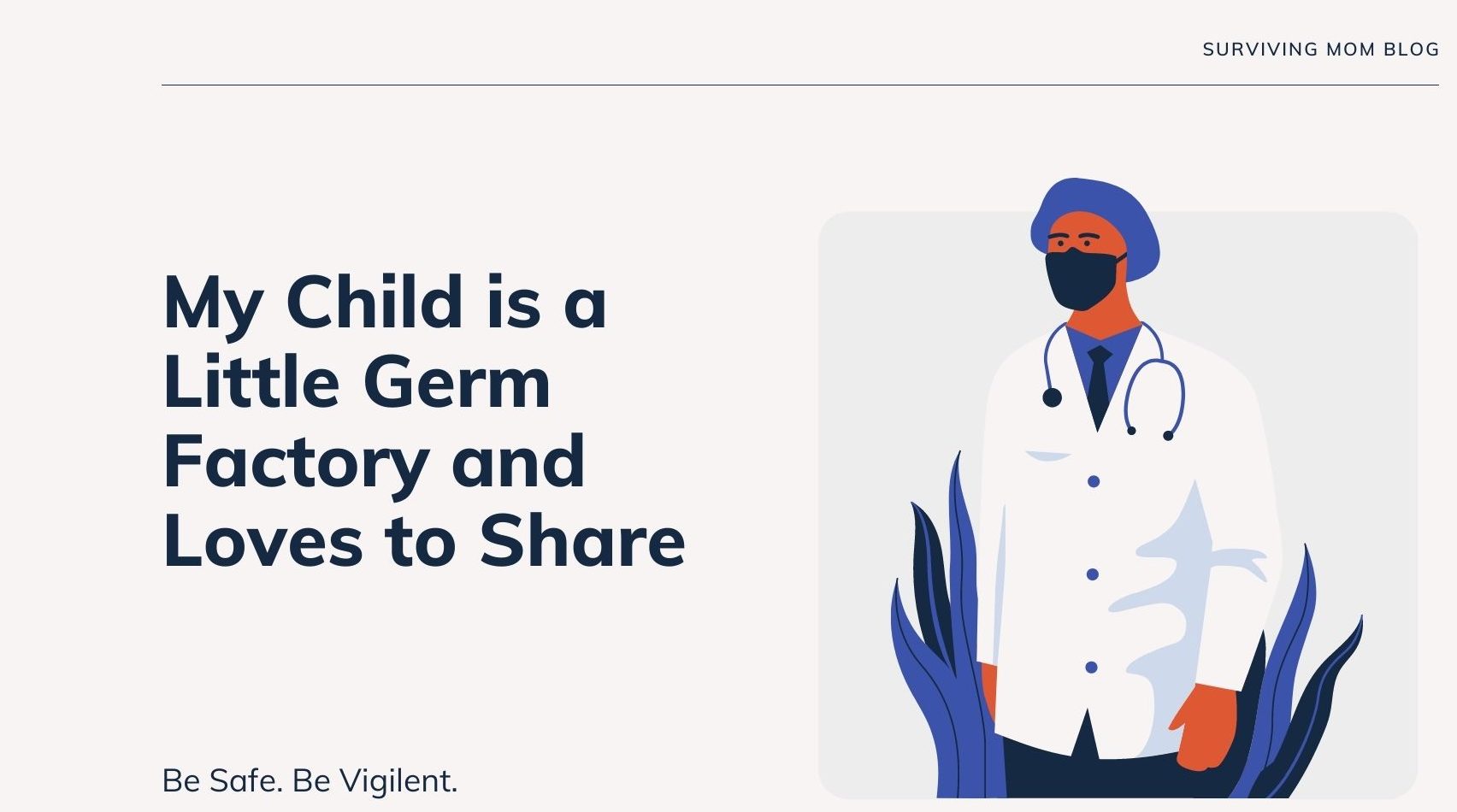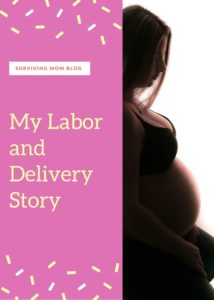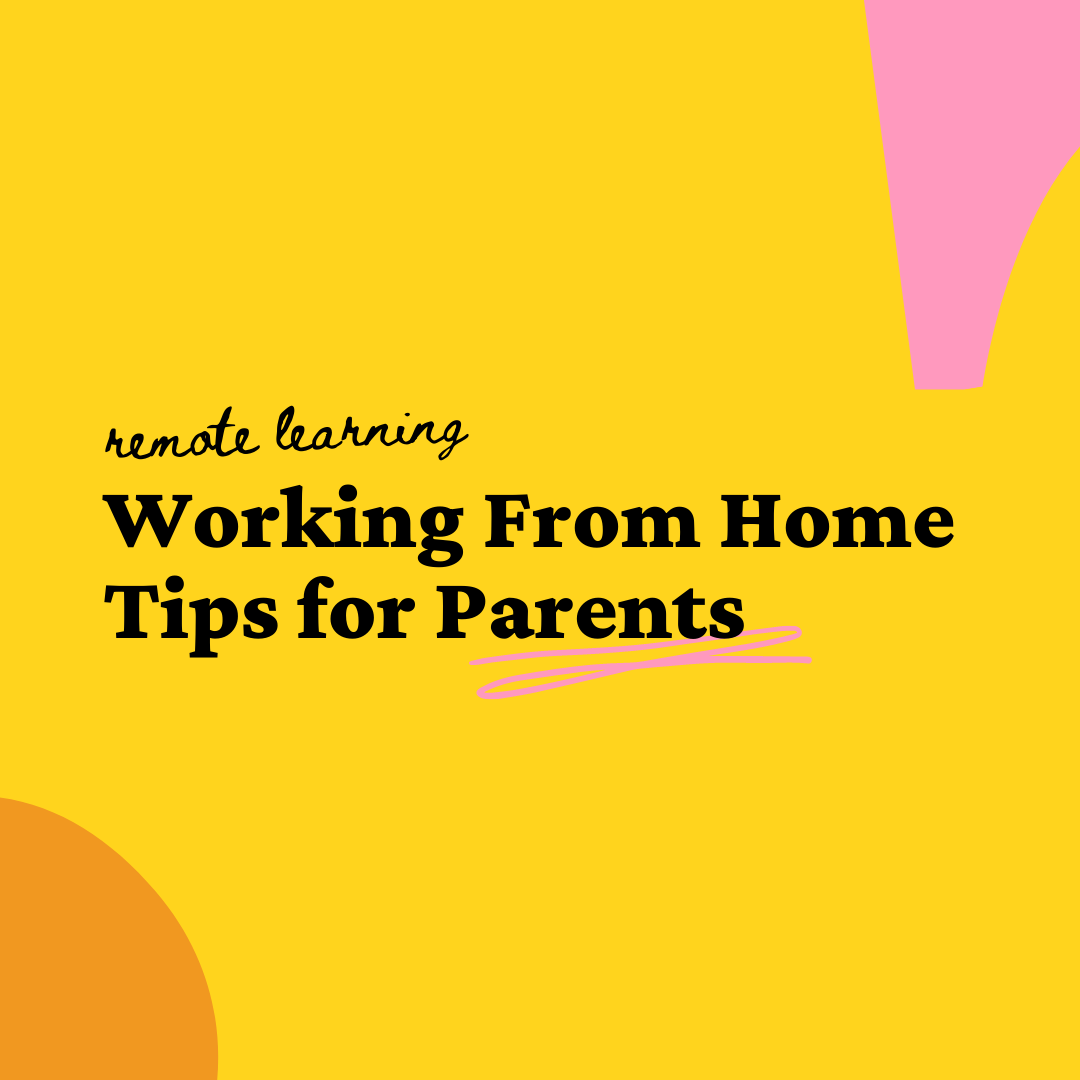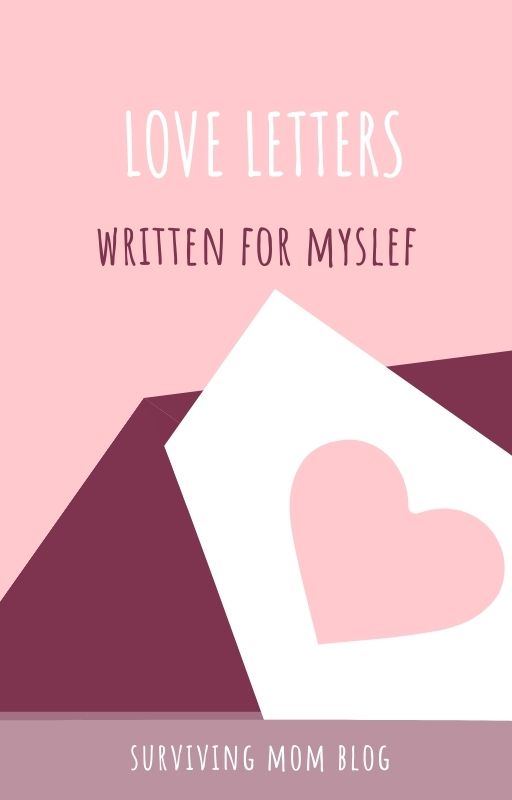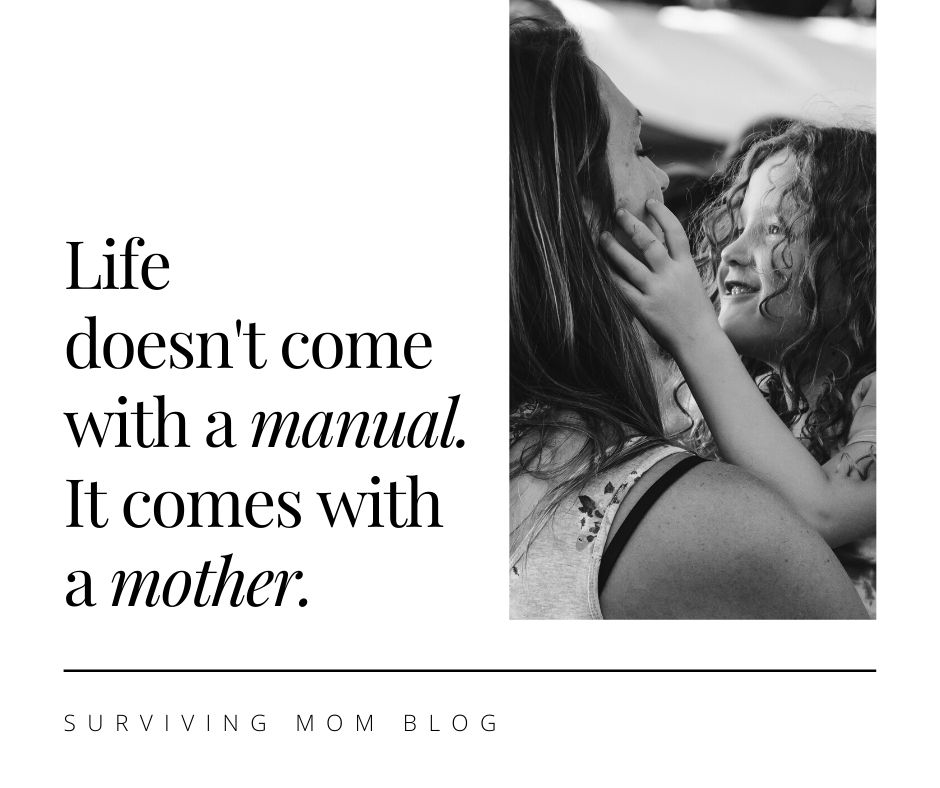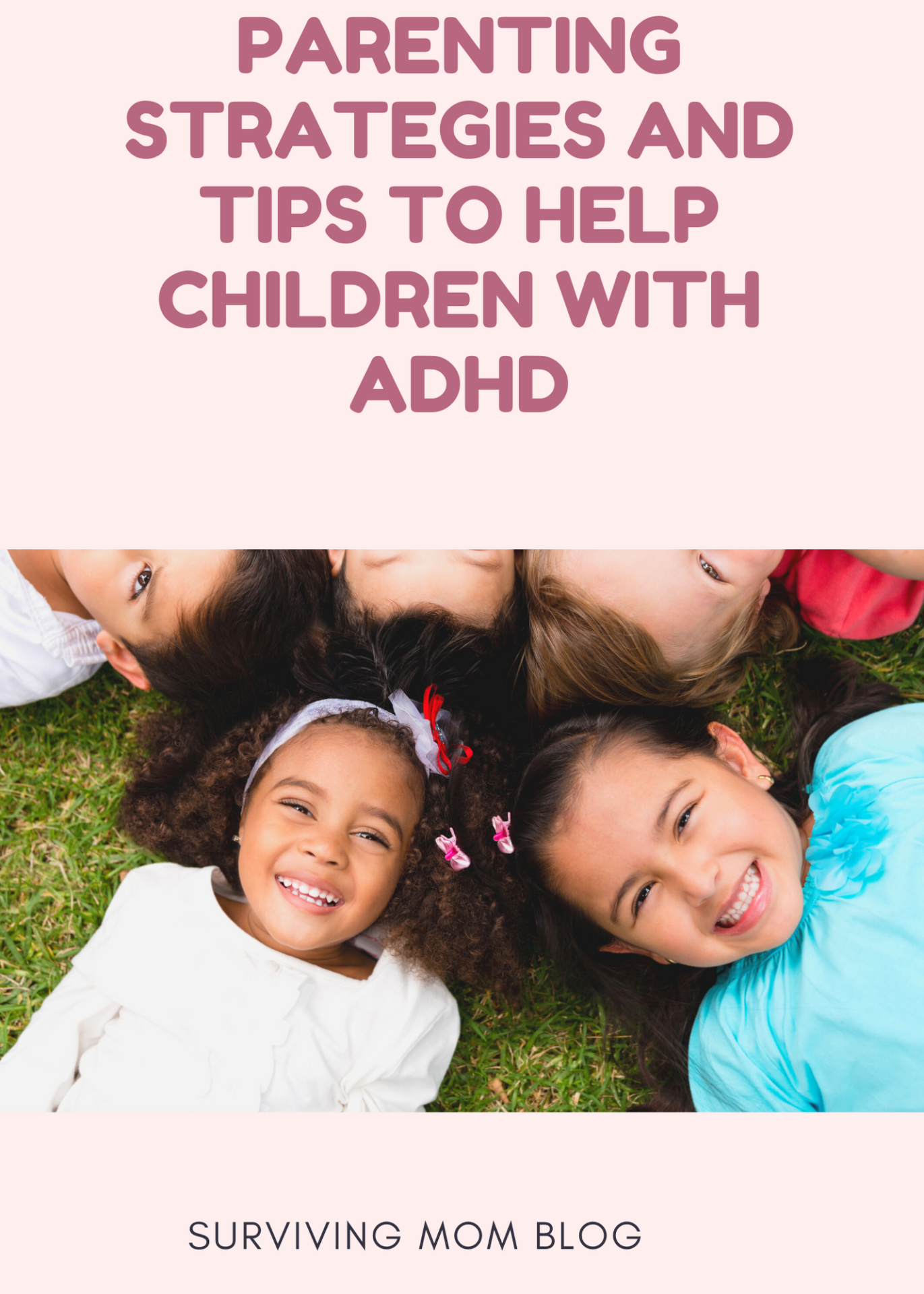
parenting a child with adhd
This article is part 1 of a 2-part article devoted to parenting and providing tips to help children with Attention Deficit Hyperactivity Disorder (ADHD):
I have not been shy about how hard it is to be a parent. My daughter wasn’t officially diagnosed with ADHD until she was 6. However, we suspected she had ADHD long before she was diagnosed. As a Speech-Language Pathologist, and more importantly, as a mother, I came up with some strategies to help my daughter:
tips to help children with adhd
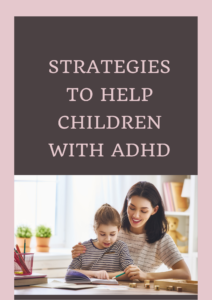
(1) Structure and routines are crucial
Most kids like routine, but stability is extra important for children with ADHD. If you subscribed to my blog, you have the daily routine I use with my daughter for homeschooling/remote learning. Involve your child in the implementation of their routine (within reason) so your child has some input. For example, I give my daughter options of what she gets to do when she takes a break.
(2) Establish clear boundaries and expectations in advance
Make sure these boundaries are reasonable. It is crucial to understand your child’s capabilities and set expectations accordingly to promote success. That means expecting your child to calmly walk throughout the grocery store while you to do a full grocery shopping is unreasonable. A more reasonable expectation (that is more likely to be successful) is making a list of a few essential items and playing a game to see who will spot the items first.
(3) Transitions are especially challenging for children with ADHD
Make sure to discuss transitions in advance, so your child is prepared for it. Give reminders of upcoming transitions as well. I try to give a ten minute and then five minute warning before transitions (like leaving the park, stop playing with a friend, leaving the house).

(4) Give your child opportunities to make choices
Kids like to feel some sense of control. Power struggles are common, but if you give your child some options, you give them a sense of power while still having control of the situation. Try to provide options rather than ask an open-ended question. I provide my daughter with choices throughout the day such as offering carrots or strawberries for a snack, whether she wants to wear sneakers or sandals when we leave the house, picking two books out of five that she wants me to read to her, what stuffed animal she wants to sleep with, etc.
(5) Pick your battles
Children with ADHD struggle with impulse control and emotional regulation, so understand your child and be mindful of their struggles. Praise them for their accomplishments, and unless they are putting themselves or someone else in danger, try to ignore the small stuff. This promotes a calmer environment for you and your child. It’s a win-win!
(6) Choose quality over quantity
It is better to give your child ten minutes of interaction without distraction (checking your phone, answering an email, thinking about something else) than twenty minutes with numerous interruptions. I spend ten minutes a day with Brielle everyday doing “fun time”. During these ten minutes, she gets to pick any activity she wants to play with me (within reason, of course), and there are no phones, computers, or any other distractions. Kids need attention and they want to feel like they have some control.
This is especially true for children with ADHD because there is so much that isn’t within their control. This daily activity honors both of those components. My daughter knows this is something we do together each day, and it can never be taken away as a punishment.
(7) Be mindful of what you are feeding your child
I don’t give Brielle anything with Red-40, and I try to limit her sugar intake as much as possible. That’s not to say your child should never get a special treat. However, don’t give something with a ton of sugar and then be surprised when your child is bouncing off the walls. FYI- Brielle literally tried to bounce off the wall one time when she had a huge piece of cake- lesson learned!
(8) If possible, provide visual and auditory prompts when asking your child to do something
For example, when I am homeschooling my daughter I start off by pointing to my eyes and asking her to put on her “focusing eyes”, pointing to my ears and ask her to put on her “listening ears”, and pointing to my head and asking her to put on her “thinking cap”. I also read aloud instructions to her and underline or highlight key words. I then ask her to explain the instructions in her own words. We also have a saying that accompanies gestures, which is “Stop, Think, then Act”. Reminders are crucial with a child that has ADHD.
(9) Sleep
It’s important for every child to get adequate sleep, but especially a child with ADHD. I can tell when she didn’t get enough sleep the day before, as she’s even more hyper on those days. Establish a routine that provides ample time for sleep and naps, and stick to it as much as possible.
(10) Children with ADHD need breaks
Included in my homeschool/ remote learning routine are intervals and suggestions for breaks throughout the day. My daughter gets numerous breaks so she has the opportunity to “get her wiggles out”. If your child is at school, discuss with the teacher opportunities for brain breaks. For example, letting your child get up and stretch or a being a helper that gives out something. When your kid gets home from school let your child play outside. Your child can just run or play active games such as Simon Says, tag, hopscotch or Red Light, Green Light. Make sure your child knows that asking for breaks is okay when doing homework. Set a timer for a specific amount of time for your child to recharge.
Reminder about parenting
I hope that these strategies and tips to help children with ADHD are helpful! Remember that parenting is challenging, and it is no easy task to parent a child with special needs. It will take time and patience to implement these strategies. Just as it is important to be your child’s biggest advocate and supporter, don’t forget to do the same for yourself!
